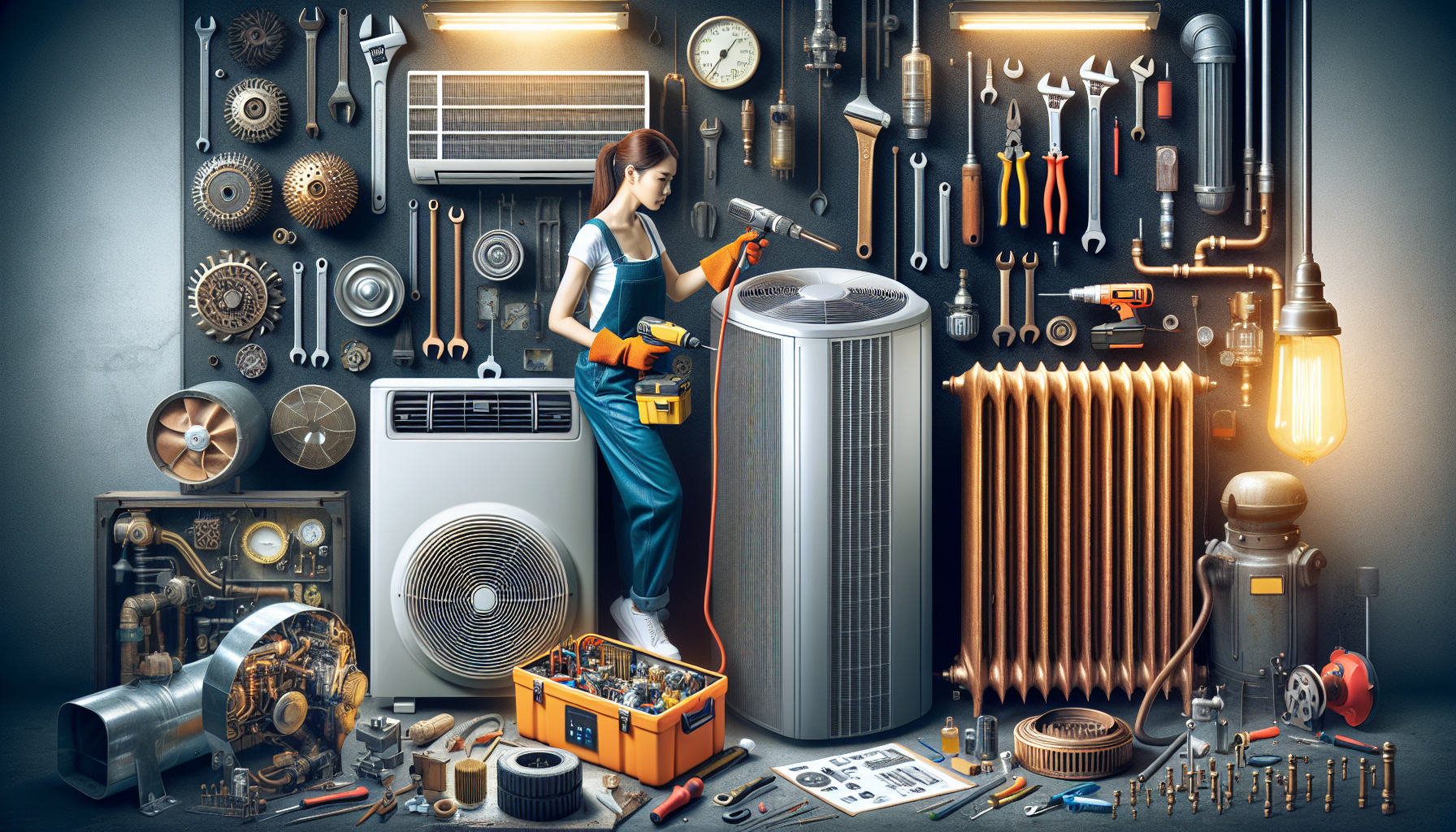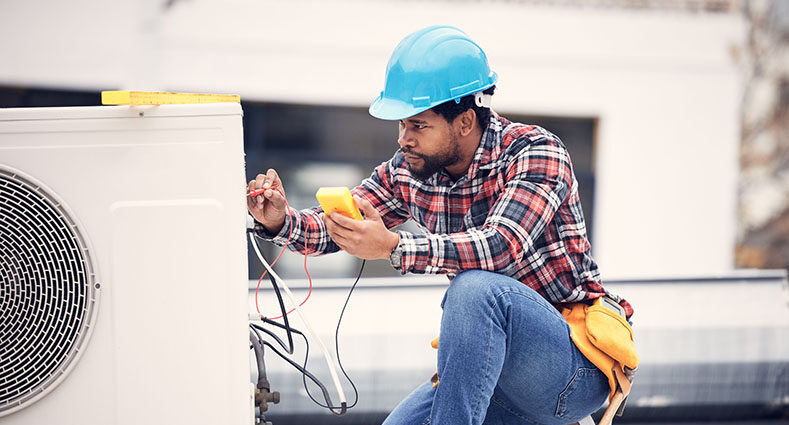Need professional hvac experts? Get a quote today.
Need professional hvac experts? Get a quote today.
Blog Article
Just How to Enhance Power Effectiveness With Your HVAC System and Heating System Upgrades
As energy prices proceed to rise, the significance of improving power efficiency via Cooling and heating system and heater upgrades can not be overstated. Evaluating your present system's performance and taking into consideration energy-efficient choices are essential very first steps.
Assess Your Present System
Before getting started on any kind of upgrades, it is necessary to assess your present heating and cooling system and furnace to recognize their efficiency and efficiency. This preliminary evaluation gives a foundation for determining locations that call for renovation and informs choices about potential upgrades. Begin by taking a look at the age of your HVAC system, as obsolete versions may lack modern-day energy-saving functions.

Power consumption records will certainly additionally be instrumental in assessing your system's operational expenses. Think about carrying out a professional energy audit to receive a professional assessment of your system's performance.
Upgrade to Energy-Efficient Models
Updating to energy-efficient designs is a critical action in boosting the general efficiency of your HVAC system and heating system. These modern devices are developed to consume much less energy while delivering optimal heating & cooling, resulting in significant cost savings on utility costs and a decreased ecological footprint.
When taking into consideration an upgrade, search for designs that have high Seasonal Power Efficiency Ratios (SEER) for cooling and Yearly Gas Application Efficiency (AFUE) ratings for heating systems. These rankings suggest the performance of the devices, with higher numbers showing far better efficiency. Energy-efficient versions often include advanced technologies, such as variable-speed motors and clever thermostats, which better improve energy financial savings.
Furthermore, lots of energy-efficient HVAC systems are furnished with enhanced insulation and better securing, which lessen energy loss and improve indoor comfort. furnace repair. While the preliminary financial investment may be higher, the long-term financial savings on power costs and possible tax incentives for using energy-efficient appliances can offset this expenditure dramatically

Ultimately, upgrading to energy-efficient designs not just contributes to an extra lasting future but additionally elevates the comfort and performance of your home or business.
Optimize System Setups
To make the most of the efficiency of your Heating and cooling system and furnace, it is necessary to maximize system settings tailored to your specific requirements. Beginning by setting your thermostat to an energy-efficient temperature.
Utilize programmable or smart thermostats that permit you to set up temperature level changes instantly. This guarantees your system operates only when needed, lowering power usage. Additionally, ensure that your system is established to run in the appropriate setting-- home heating in winter and cooling in summer-- while preventing the constant follower option unless required for air circulation.
On a regular basis review and change setups based on seasonal adjustments, tenancy patterns, and particular comfort choices. Make sure that vents and registers are unobstructed, allowing for optimal air movement. Lastly, consider zoning read what he said systems that allow individualized comfort in different areas of your home, further improving performance. By fine-tuning these settings, you can attain considerable power financial savings while preserving a comfortable living environment.
Improve Insulation and Sealing
A well-insulated home is essential to making the most of the performance of your heating and cooling system and furnace. Appropriate insulation minimizes the workload on these systems, thus preserving power and decreasing energy bills. Begin by examining your home's insulation in areas such as the attic, walls, and floorings. Insulation materials like fiberglass, foam, and cellulose can substantially enhance thermal resistance, helping to maintain conditioned air inside and exterior air out.
Along with insulation, securing gaps and fractures is important. Pay special attention to windows, doors, and any kind of penetrations in walls, such as electric outlets and plumbing fixtures. Weatherstripping and caulking can successfully secure these openings, protecting against drafts that compromise your HVAC efficiency.
Additionally, ensure that air ducts are appropriately insulated and sealed. Leaky air ducts can result in substantial energy losses, reducing system efficiency. Utilizing mastic sealant or steel visit this web-site tape to seal air duct joints can improve air movement and performance.
Schedule Regular Maintenance
Regular upkeep of your HVAC system and heating system is crucial for making sure optimum efficiency and durability. During upkeep, a qualified service technician will certainly clean and replace filters, check cooling agent degrees, inspect ductwork get redirected here for leakages, and assess total system operation.
It is recommended to schedule maintenance a minimum of twice a year-- as soon as in the springtime for the air conditioning system and once in the fall for the furnace. air conditioner repair. Normal upkeep assists maintain constant interior temperature levels, ensuring comfort throughout the year. In addition, a well-maintained system operates more successfully, which can bring about recognizable decreases in power bills
Neglecting upkeep can cause decreased efficiency, boosted wear and tear, and ultimately, system failure. By focusing on routine service, homeowners can stay clear of unexpected malfunctions and guarantee their HVAC system and heating system run at peak performance. Buying upkeep is an essential step in boosting power performance and developing a much more lasting home environment.
Conclusion
Finally, boosting power efficiency within a/c systems and heater upgrades is essential for reducing power usage and improving overall comfort. A systematic method that includes evaluating the existing system, buying energy-efficient designs, enhancing settings, enhancing insulation, and organizing regular maintenance can result in substantial benefits. Executing these methods not just reduces power costs however also adds to a much more lasting environment, making it critical for property owners to prioritize these upgrades.
Report this page